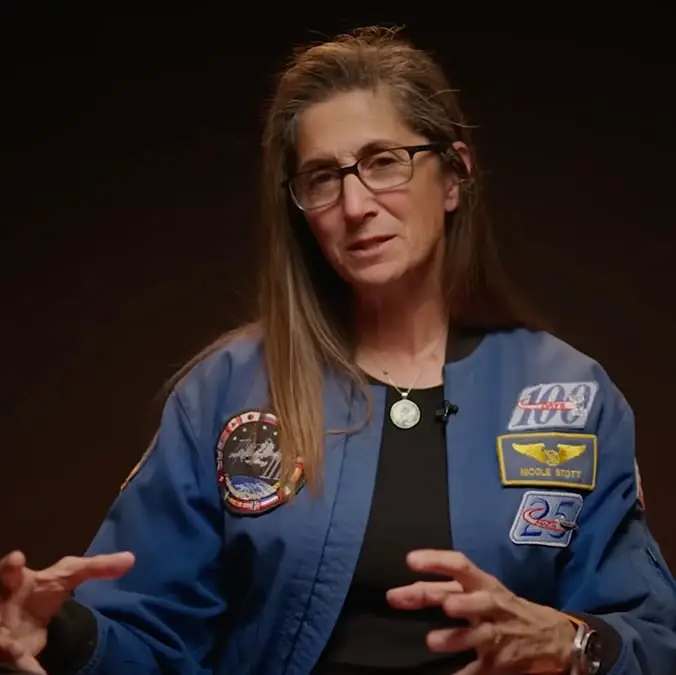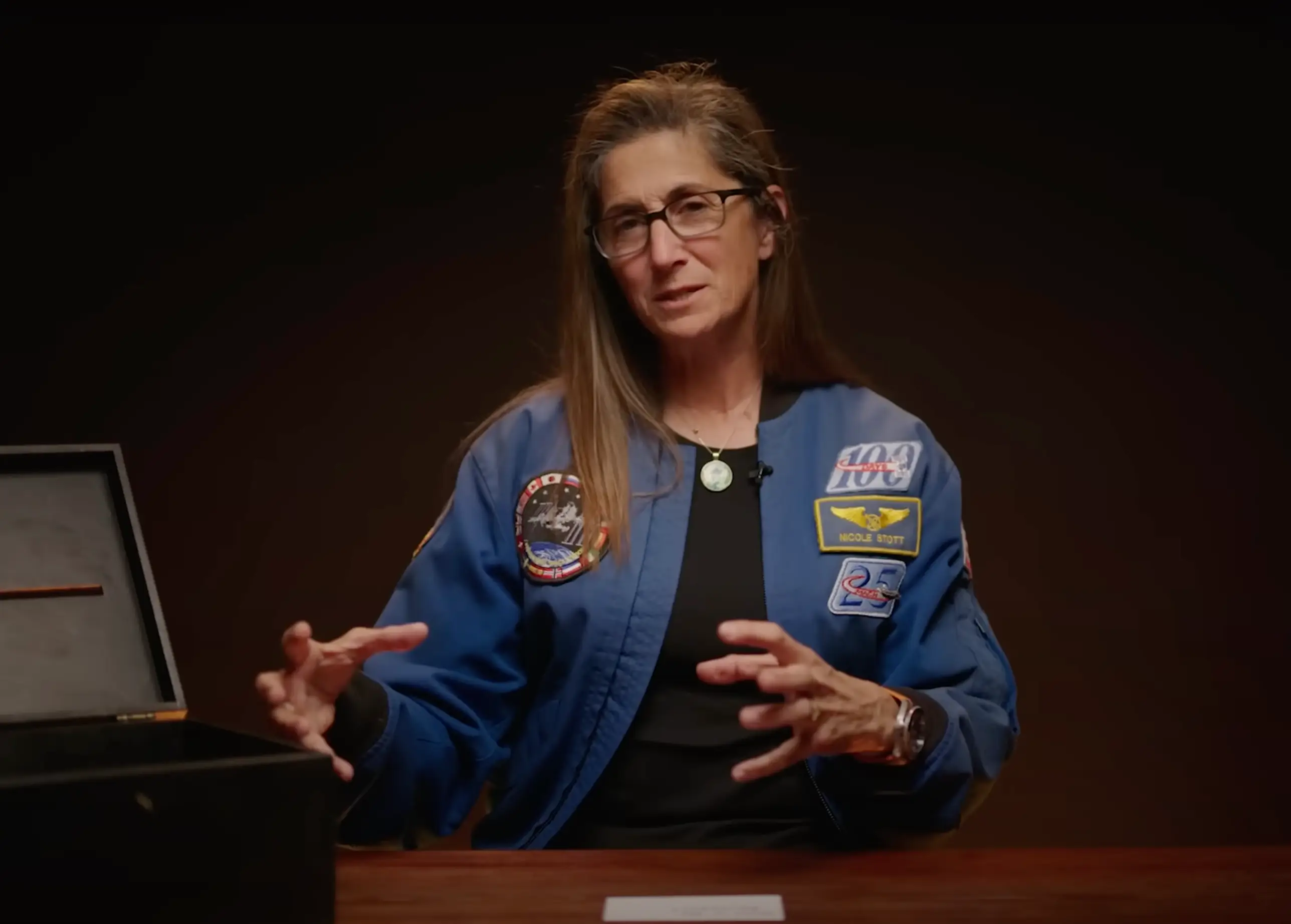
Taking to the skies to explore what lies beyond our atmosphere certainly beats the mundane 9 to 5 many of us have.
But while being an astronaut is a job that many dream of and only a select few get to put on their resume, how well paid is it?
You may be forgiven for thinking it must be a lucrative career choice, after all, jetting off to space is no mean feat.
However, according to one NASA astronaut, it isn’t quite what it seems.
Advert
This comes after Nicole Stott, who is a retired NASA astronaut, engineer and aquanaut, spoke to LADbible and gave a blunt three-word statement about the pay packet she received.
Throughout her career, Stott flew on two expeditions and spent over 100 days in space. She launched the STS-128 mission and spent three months living inside the International Space Station.
But when asked how much astronauts get compensated for their service, she said: “Not a lot. Government civil servant. You don’t become an astronaut to get paid a lot of money.”
Stott also answered other burning questions many people are dying to know - including whether or not it’s possible to have sex in space.
In response, the former astronaut said: “Probably. I don’t think there’s anything that would physically prevent you from having sex in space.
“I don’t know that anybody has while they were there, I did not. And but just like, you know, I think about floating and swimming in a pool, you can have sex there.
“And if somebody wants to have sex in space, I think they’ll figure out how to have sex in space.”

Other queries included whether there is a speed limit in space, to which Stott replied: “You know, I don’t think there really is a speed limit. I mean, there might be,but I don’t think there is. And you know, Newton was right with all these laws of motion and stuff, you know, you get it going and it’s gonna keep moving until something stops it.
“And we just have to provide enough energy to something to get it moving in space. And it’s why we talk a lot about launching to Mars from the moon, or launching to Mars from a pad that’s built orbiting the moon in space or somewhere in space, because to not have to fight that gravity, to use all that energy just to get out of the hold that Earth has on us, to be able to just even
fall around the Earth in low Earth orbit, we should be doing that from space, and that’ll allow us to use that energy to get to go even faster.”